
Overview
Complete Wellness Recovery is an accredited substance abuse treatment center that provides inpatient and outpatient treatment for men between 18 and 65+ years of age. As part of their special programs, Complete Wellness Recovery treats clients with co-occurring mental and substance use disorders, criminal justice (other than dui/dwi)/forensic clients, and clients with co-occurring pain and substance use disorders. To help patients achieve sobriety, Complete Wellness Recovery provides intake assessments. Afterward, patients receive cognitive behavioral therapy, telemedicine/telehealth therapy, and substance use disorder counseling during treatment. Complete Wellness Recovery is located in Baltimore, Maryland, providing treatment for people in Baltimore City County, accepting medicaid, medicare, and state-financed health insurance plan other than medicaid.
Complete Wellness Recovery at a Glance
Payment Options
- Medicaid
- Medicare
- State-financed health insurance plan other than Medicaid
- Cash or self-payment
Assessments
- Screening for tobacco use
- Comprehensive substance use assessment
- Outreach to persons in the community
- Screening for substance use
Age Groups
- Young adults
- Adults
- Seniors
Ancillary Services
- Specially designed program for DUI/DWI clients
- Social skills development
- Transportation assistance
Highlights About Complete Wellness Recovery
6.83/10
With an overall rating of 6.83/10, this facility has following balanced range of services. Alcohol Rehabilitation: 8.00/10, Drug Rehab and Detox: 6.00/10, Insurance and Payments: 6.00/10, Treatment Options: 7.33/10.-
Alcohol Rehabilitation 8.00
-
Treatment Options 7.33
-
Drug Rehab and Detox 6.00
-
Insurance and Payments 6.00
Accreditations
Commission on Accreditation of Rehabilitation Facilities (CARF):

CARF accreditation is a prestigious recognition for rehabilitation and human service organizations. It signifies that an organization meets high-quality standards and is committed to providing top-level care. CARF conducts rigorous evaluations to ensure compliance, enhancing an organization's credibility and reassuring clients and funders of exceptional service quality. This accreditation promotes excellence and continual improvement in the rehabilitation and human services field.
Treatment At Complete Wellness Recovery
Treatment Conditions
- Alcoholism
- Substance use treatment
Care Levels
- Hospital inpatient treatment
- Outpatient
- Long-term residential
- Intensive outpatient treatment
- Regular outpatient treatment
Treatment Modalities
- Cognitive behavioral therapy
- Telemedicine/telehealth therapy
- Substance use disorder counseling
- Trauma-related counseling
- Group counseling
Ancillary Services
Additional Services
- Pharmacotherapies administered during treatment
- Discharge Planning
- Drug or alcohol urine screening
Special Programs
- Clients with co-occurring mental and substance use disorders
- Criminal justice (other than DUI/DWI)/Forensic clients
- Clients with co-occurring pain and substance use disorders
- Clients who have experienced trauma
Get Help Now
Common Questions About Complete Wellness Recovery
Contact Information
Other Facilities in Baltimore
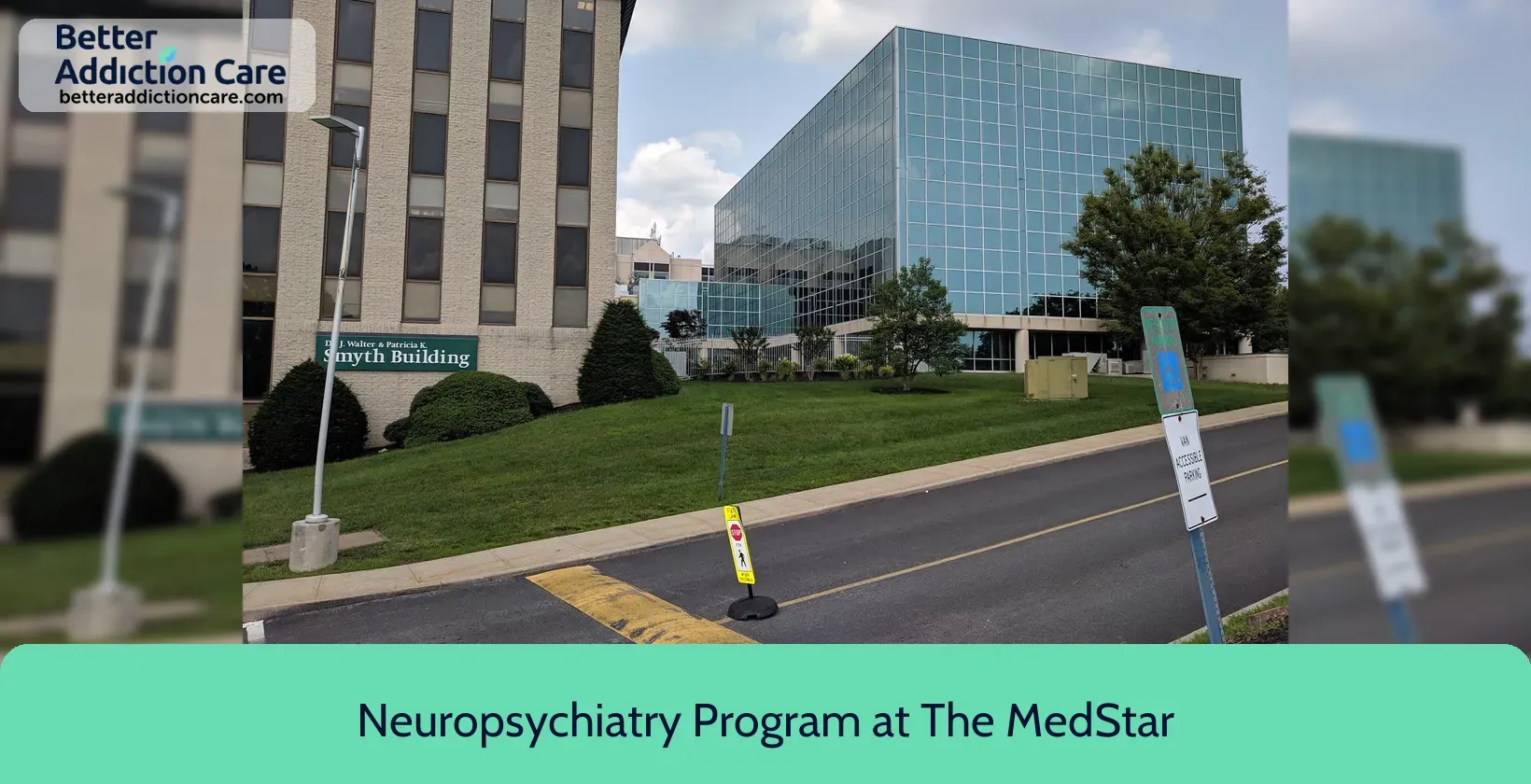
6.68
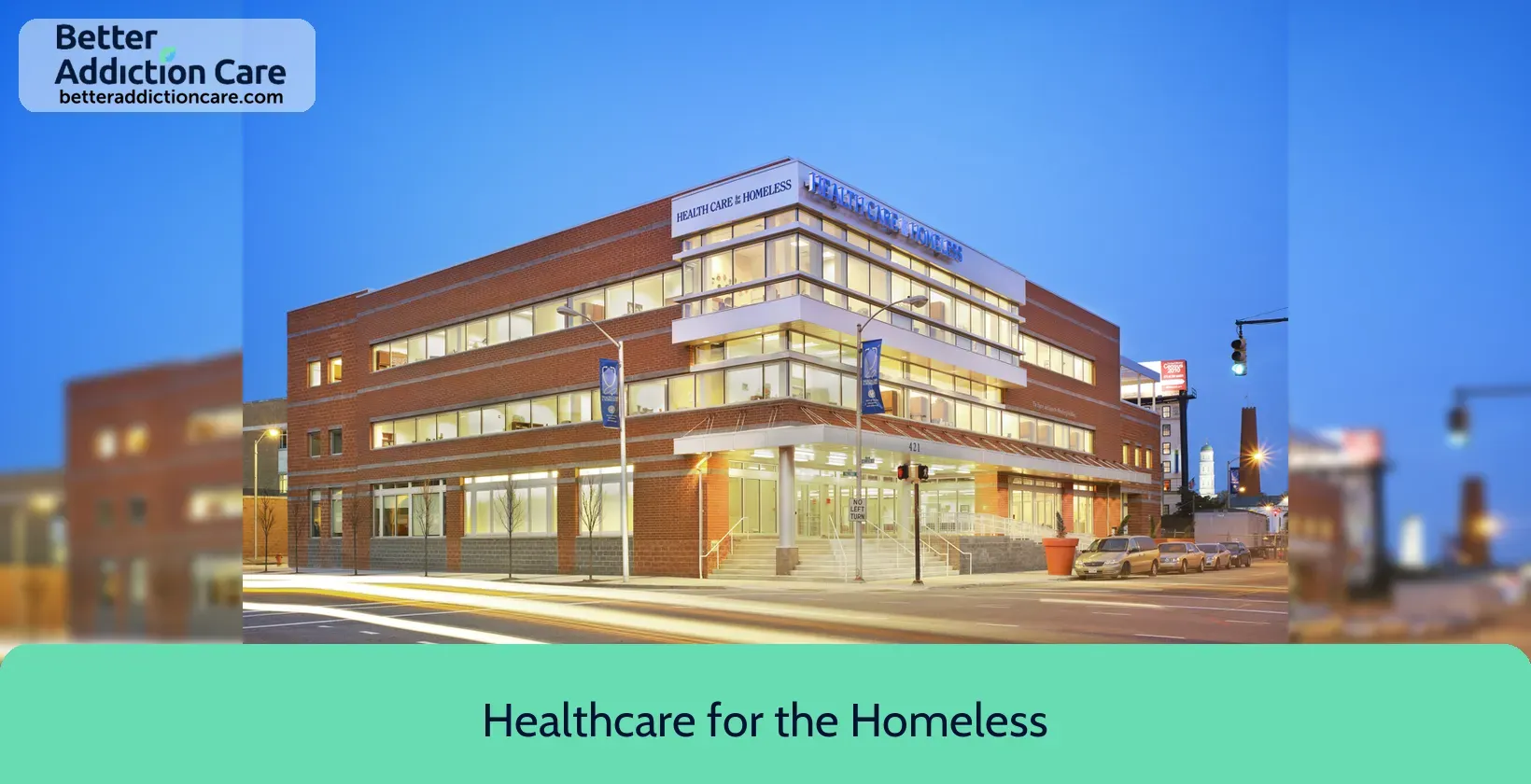
7.25
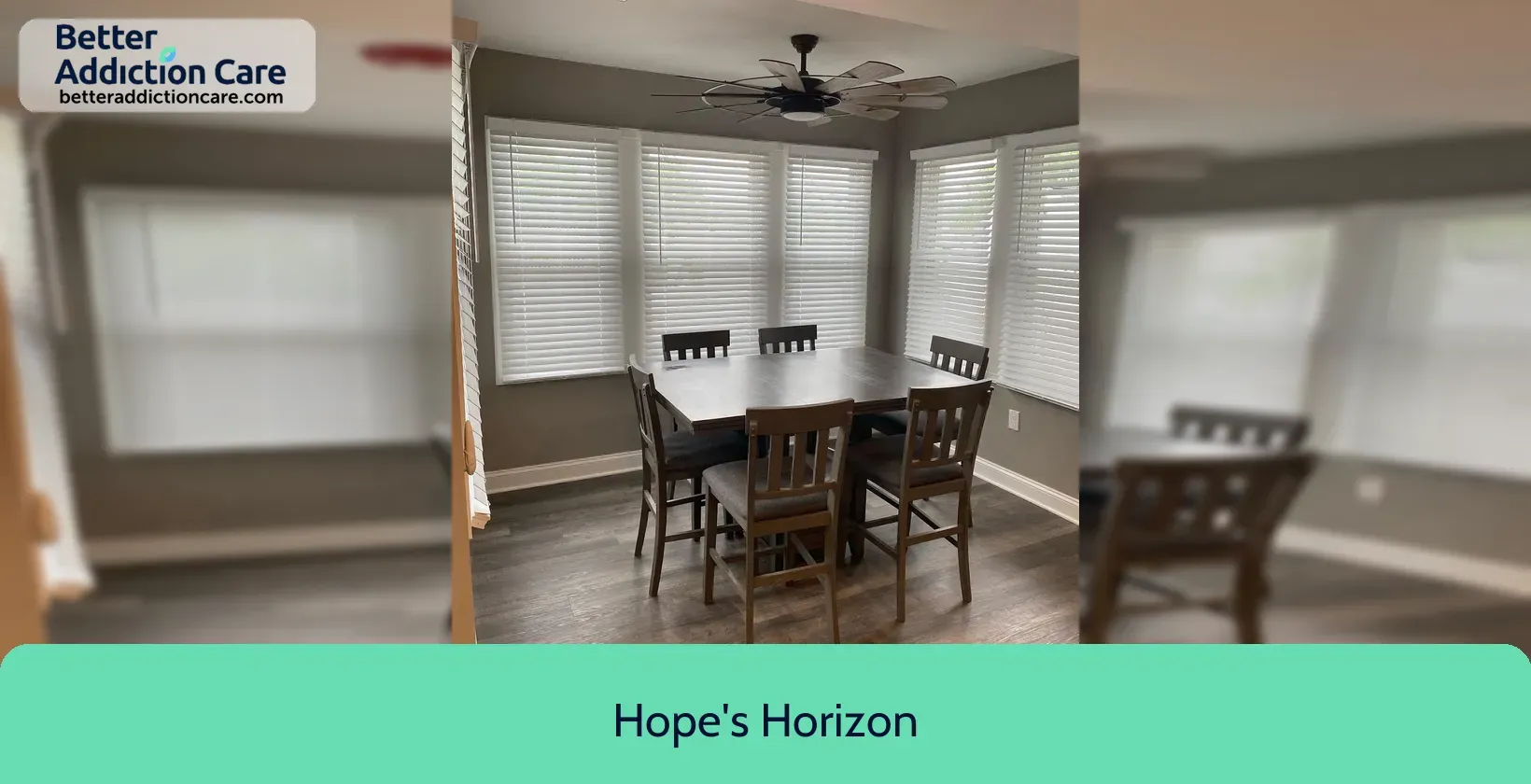
6.56
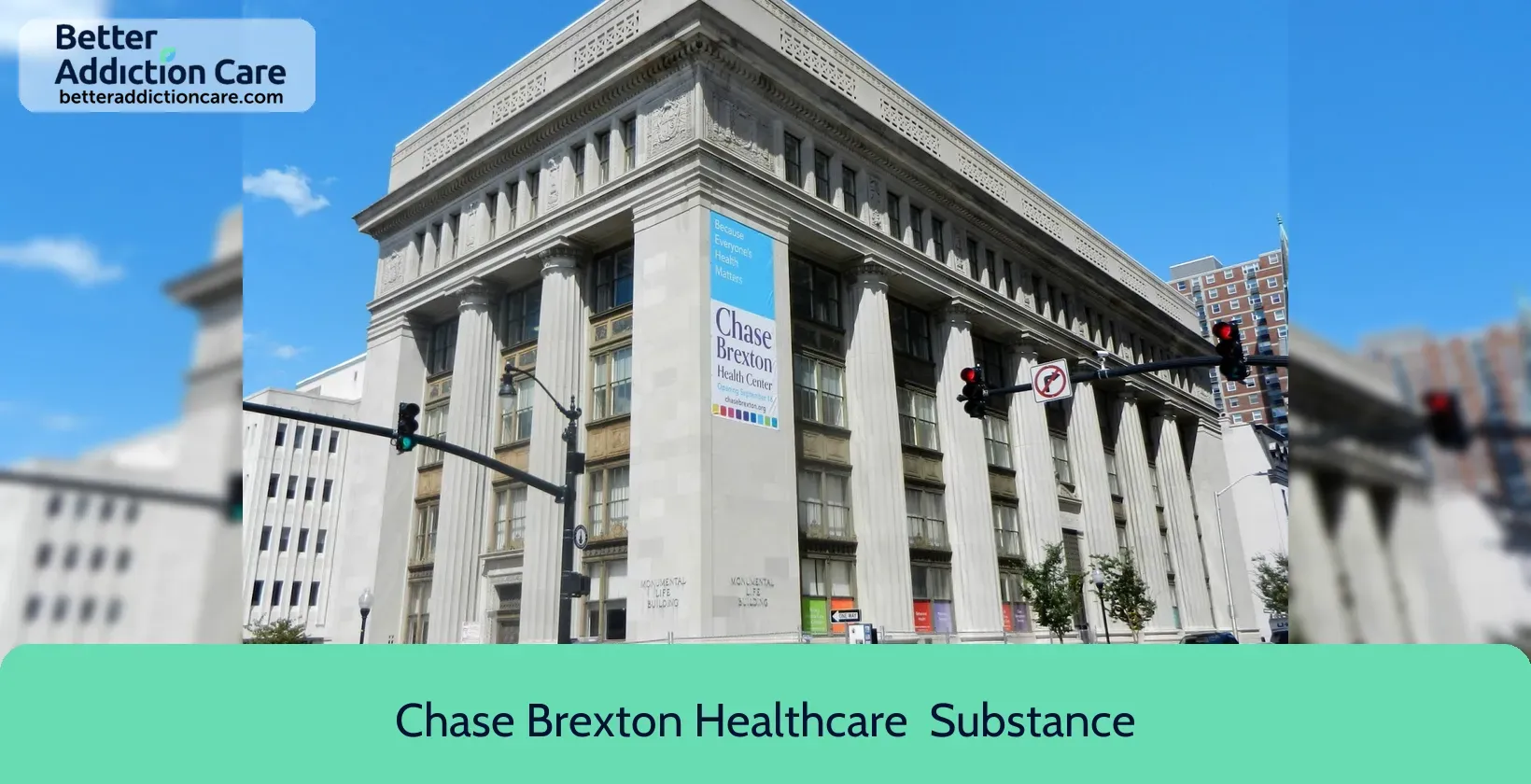
7.38
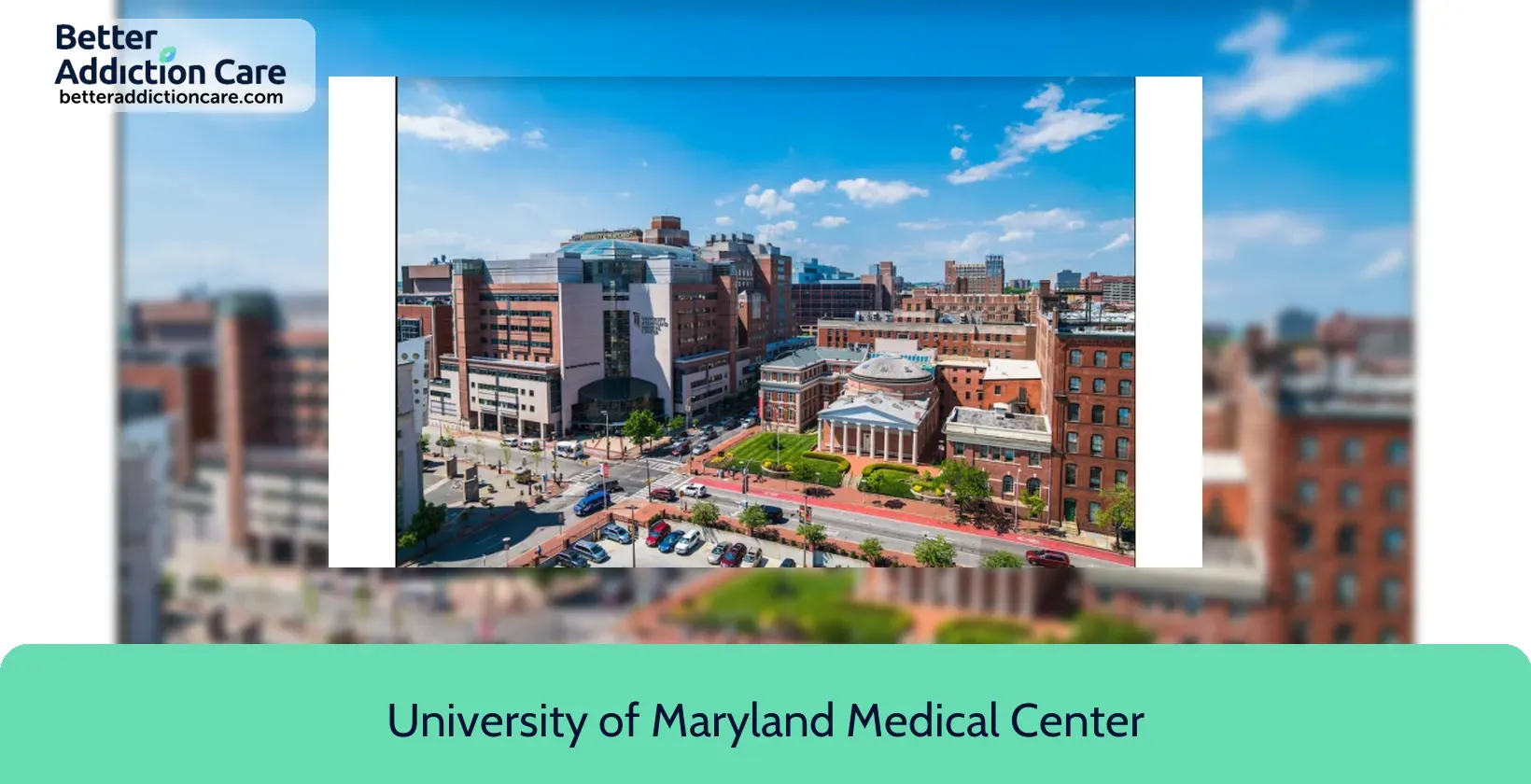
6.93
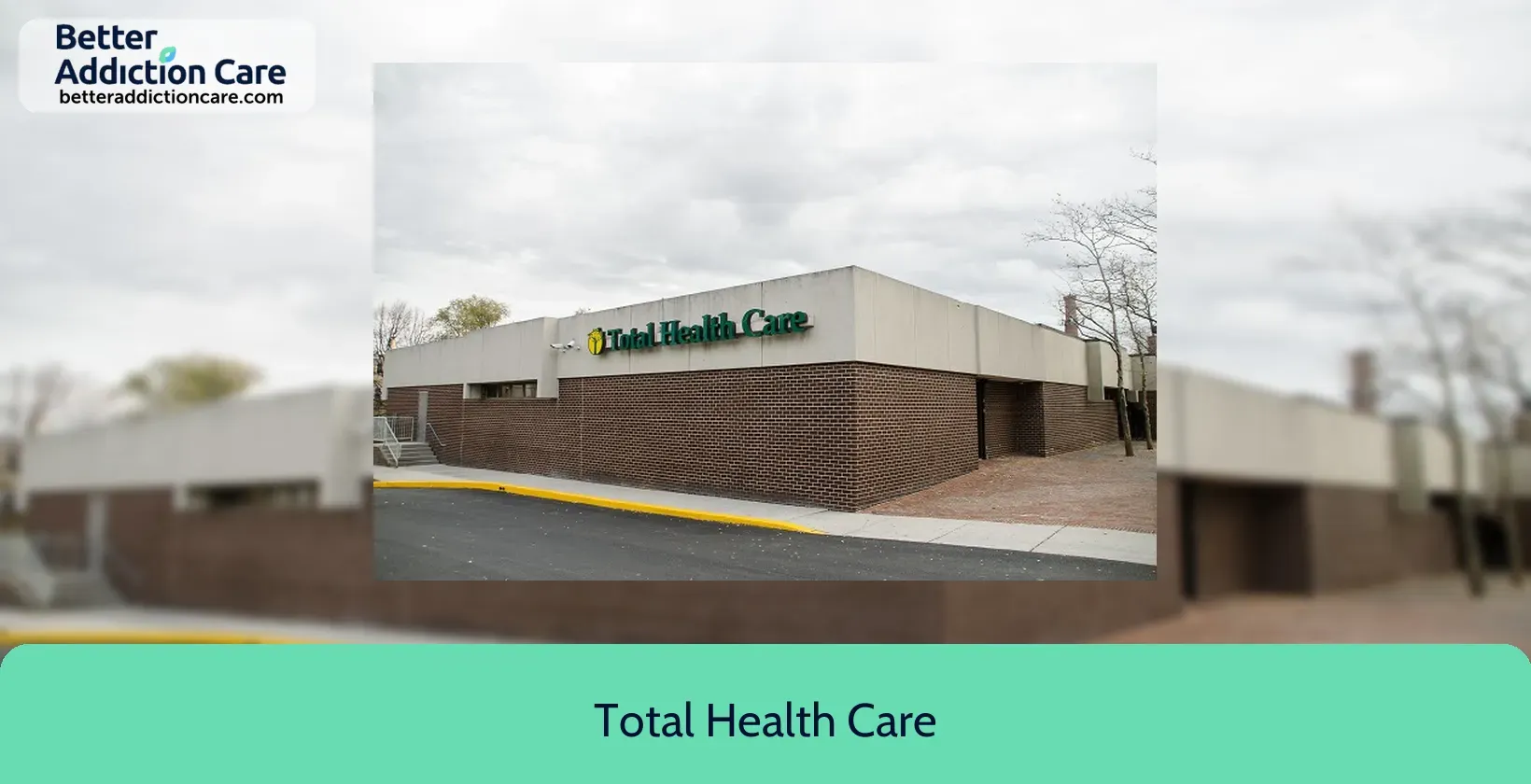
7.54
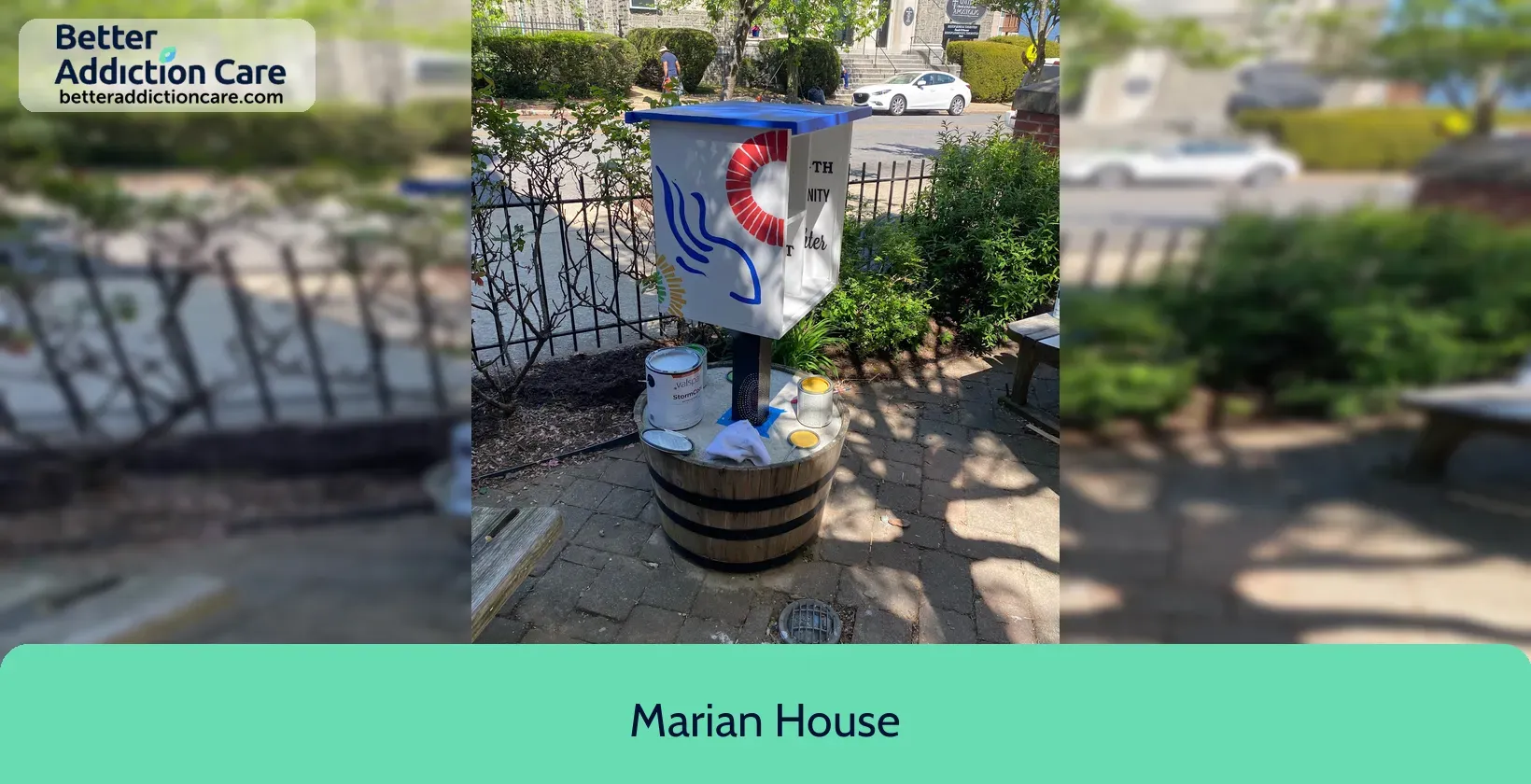
7.12
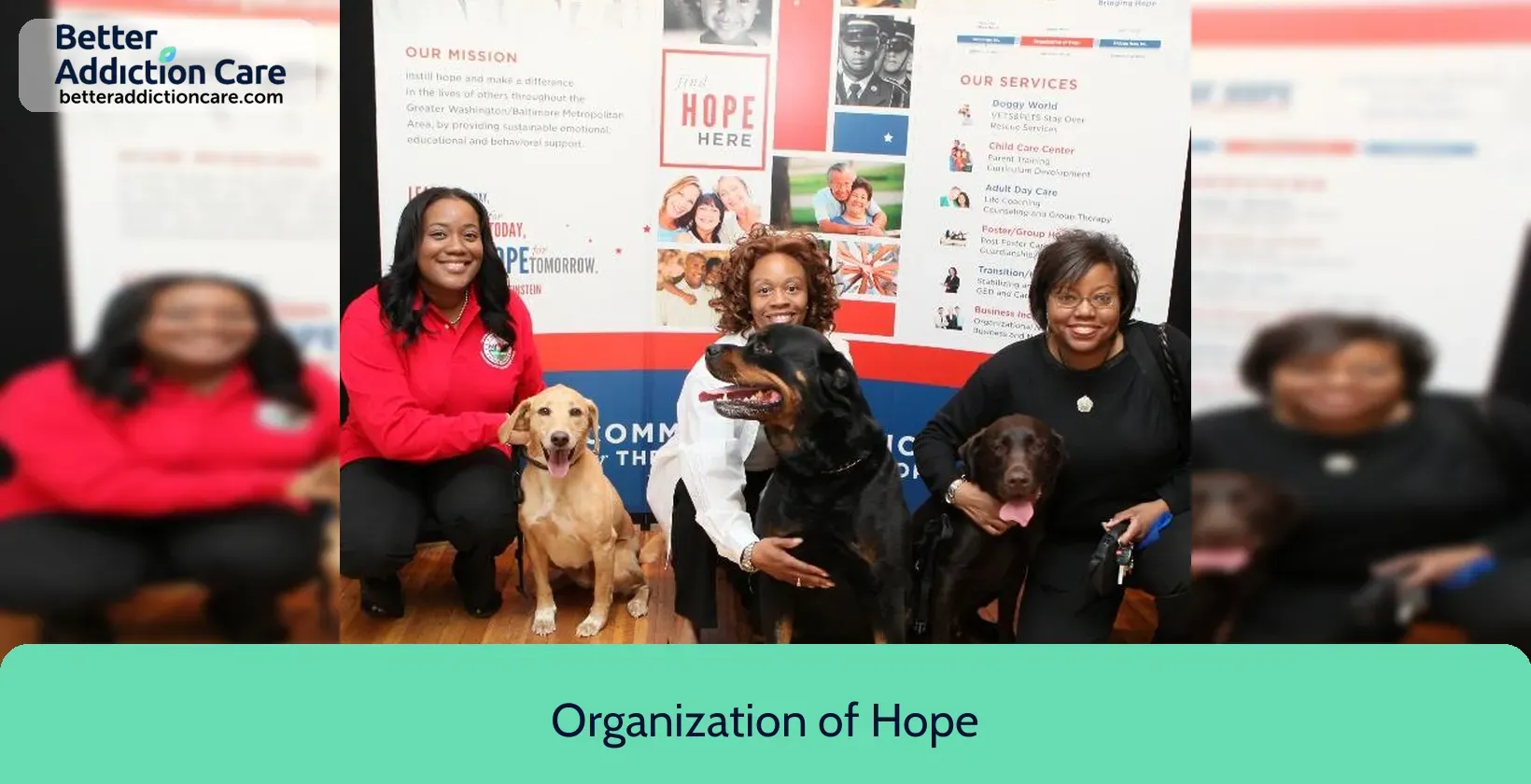
6.80
DISCLAIMER: The facility name, logo and brand are the property and registered trademarks of Organization of Hope, and are being used for identification and informational purposes only. Use of these names, logos and brands shall not imply endorsement. BetterAddictionCare.com is not affiliated with or sponsored by Organization of Hope.
